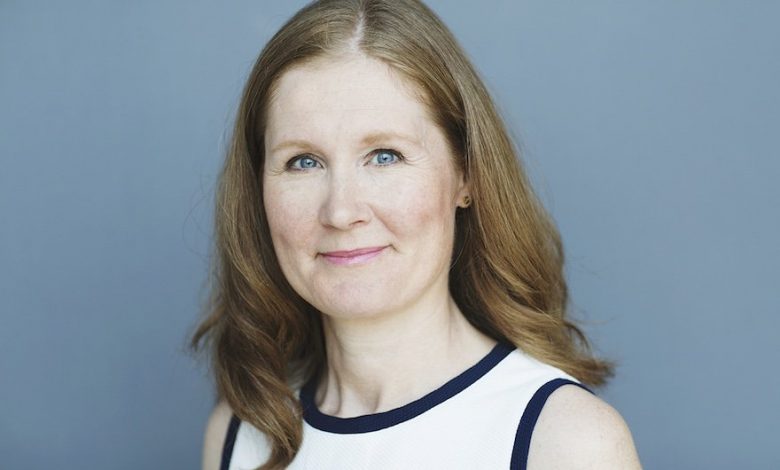Trident Alliance: Seeking robust enforcement of sulphur regulations

The Trident Alliance is a coalition of shipowners and operators working to ensure robust implementation of sulphur regulations.
Anna Larsson, the chair of the alliance, as well as head of sustainability at Wallenius Wilhelmsen Logistics, outlines why this initiative is important.
“Robust enforcement and proper deterrents ensure compliance across the shipping industry, creating a level playing field. Without enforcement the good are punished and the bad are rewarded,” Larsson says.
Robust enforcement also protects the ocean environment and human health, she adds.
Μοreover, robust enforcement shows investors and innovators that there will be a market; solutions will be created. “Conversely,” she points out, “weak enforcement deters investors and hampers innovation.”
The Trident Alliance pursues a range of different solution strategies to bring about robust and transparent enforcement. The main focus is on communication to raise awareness of the issue, supported by member companies’ transparency on enforcement, as well as on initiatives to foster innovation in enforcement technology.
Today the Trident Alliance has 39 members and a partnership with IBIA, the international bunker association.
To become a member a company CEO has to sign a letter of compliance and support, declaring that the company will follow all sulphur regulations and work for their robust enforcement.
We work to engage with both authorities and the industry in general in different forums, to provide a shipowners’ perspective on the regulations and their enforcement. That’s how we connect with new members, as well as through media,” Larsson says.
Europe does appear to be ahead of the curve when it comes to enforcing sulphur regulations on shipping, but Larsson wonders whether the right resouces are being deployed across the continent to ensure the rules are properly followed.
“We do note for Europe that the increased level of monitoring mandated by EMSA as of 2016 has not necessarily been met by increased resources to port state control. It will be interesting to see if the EU countries will be able to live up to the requirements,” Larsson muses.
With a global sulphur cap due to come into force within the next 10 years, the alliance is trying to work its way through what Larsson describes as “a sea of question marks”.
Who has jurisdiction on the high seas? What sanction schemes apply? How will it be enforced? All these issues and plenty more besides are keeping Larsson and alliance members very busy.
